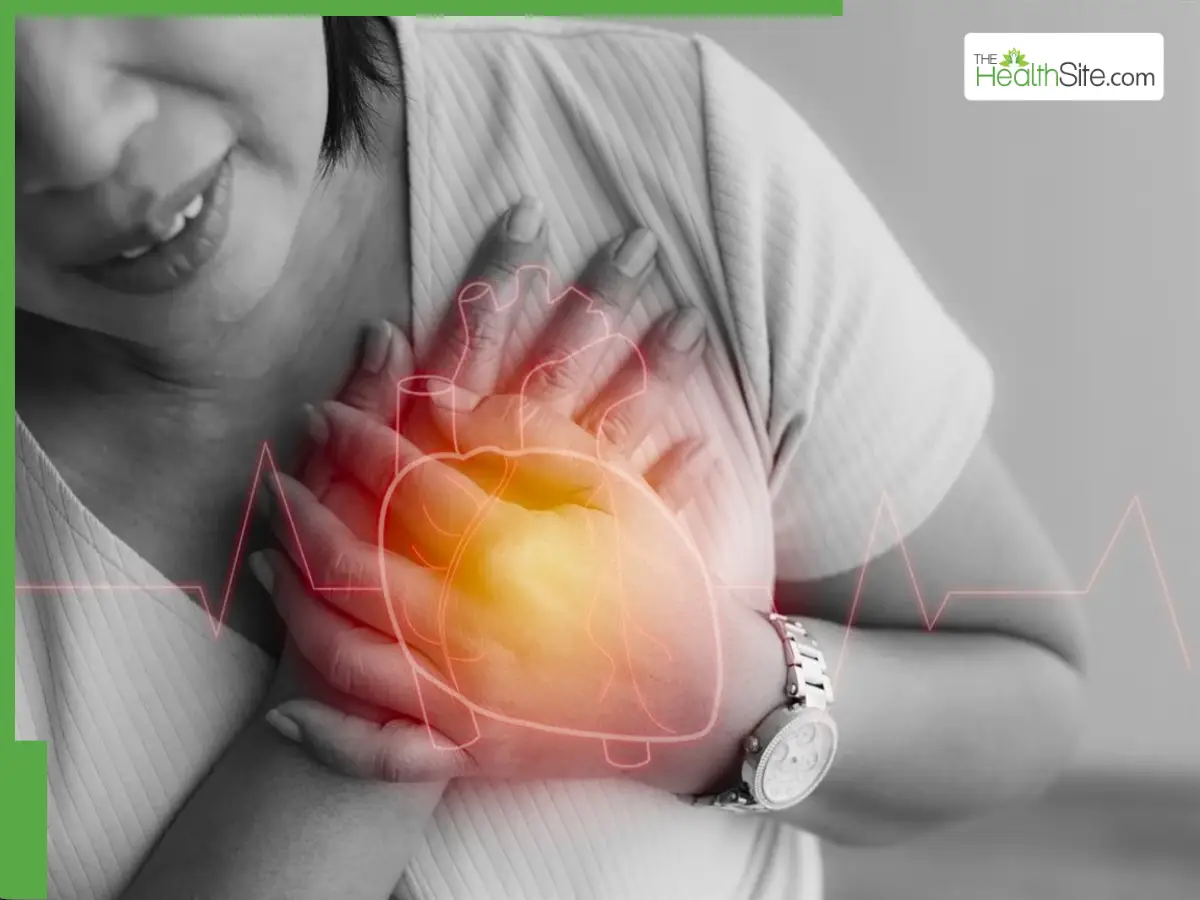With early diagnosis and the right treatment, women with endometriosis can manage their condition effectively, reducing the risks of both fertility complications and cardiovascular diseases.

Endometriosis affects nearly one in every ten women around the world. It is a serious condition in which tissue similar to the lining of the uterus grows outside the uterus, causing severe pain in the pelvis, and affecting a woman’s fertility. One of the most serious concerns with endometriosis and why it requires a high level of societal awareness is that the average amount of time it takes globally for a woman to be diagnosed with endometriosis is 6 to 7 years. This chronic disease makes women’s lives extremely difficult and unbearable on a day-to-day basis, causing them to suffer in silence due to a lack of awareness.
How Endometriosis Affects Hormones And The Heart?
- Endometriosis may increase a woman’s risk for heart disease in addition to impacting her reproductive health. One of the key functions of the hypothalamus in the limbic system of the brain is to produce a hormone called GnRH (Gonadotropin-releasing hormone) which acts as a signal carrier to the anterior pituitary, which then stimulates the release hormones: FSH (Follicle-stimulating hormone) and LH (Luteinizing hormone) that are crucial in communicating with the ovaries.
- The ovaries produce hormones such as estrogen and progesterone, which regulate menstruation and fertility and play a vital role in protecting a woman’s cardiovascular system. Estrogen, in particular, has been shown to have cardio-protective properties which help in maintaining healthy blood vessels by promoting elasticity in the arteries, preventing plaque buildup, and maintaining favourable cholesterol levels. Progesterone balances the effects of estrogen, contributing to overall cardiovascular health.
- However, when endometriosis starts to grow within the ovaries, it affects both the outer (cortex) and inner (medulla) parts of these hormone-producing organs creating a hormone imbalance. Endometriosis is a disease that affects the ovaries, growing inside and on them, disrupting both the cortex and medulla; this interferes with the Estrogen-Progesterone axis, which plays a cardioprotective role in women. As a result, the protective effects of these hormones are compromised in women with endometriosis.
This hormonal imbalance not only affects fertility but also disrupts the cardiovascular system, increasing the risk of heart disease in women with endometriosis.
Increased Risk Of Heart Disease In Women With Endometriosis
Recently, a report published in CMAJ Open by lead author Jessica Blom, a fourth-year resident with the Department of Obstetrics and Gynaecology at Queen’s University, revealed crucial findings that showed a direct correlation between Endometriosis and risk for heart diseases. This study used administrative health data from Ontario residents from 1993 to 2015 in which 166,835 females with endometriosis were included and matched to 333,706 females without endometriosis. The primary outcome of studying this data revealed hospitalisation due to CVD (cardiovascular disease), which included heart attack, stroke, heart failure, and several other types of heart disease.
Managing Endometriosis To Protect Heart Health
Endometriosis is more common in women in their 30s and 40s, and those who experience menopause at an older age. Some practical tips for managing endometriosis and its cardiovascular risks involve hormonal therapies, pain relief, and surgical options as guided by your doctor. Lifestyle changes such as a healthier diet, regular exercise, and stress management may also help with the condition. Nevertheless, it is important to schedule regular check-ups for personalized treatment and heart health screenings.
Awareness And Action For Better Health
When left unchecked for years, it can take a heavy toll on one’s health by causing loss of elasticity in the blood vessels and a buildup of plaque, increasing the risk for several serious health concerns. Educating people about endometriosis in the public sphere is critical to improve women’s overall wellbeing and quality of life.
Don’t Miss Out on the Latest Updates.
Subscribe to Our Newsletter Today!

